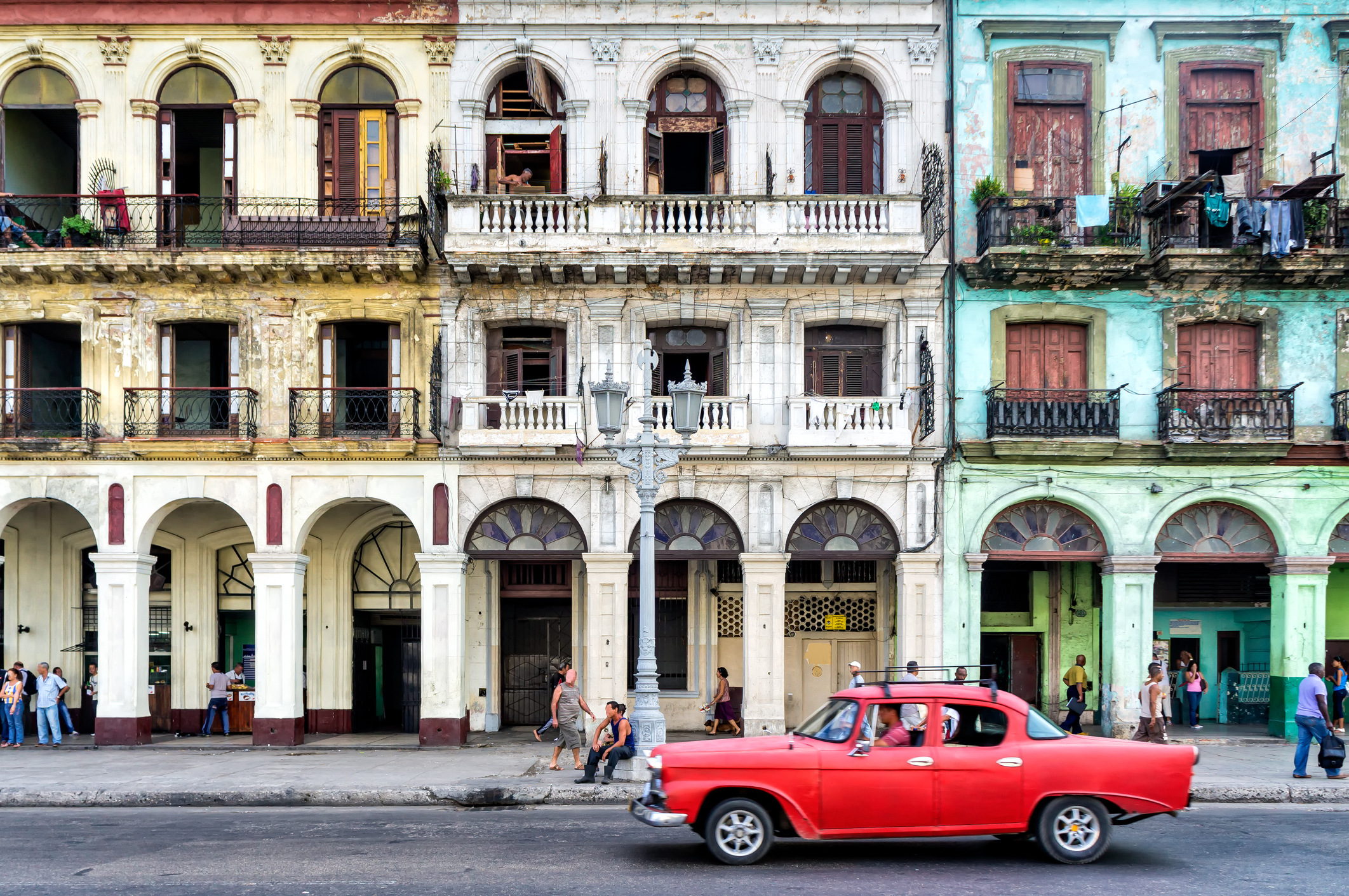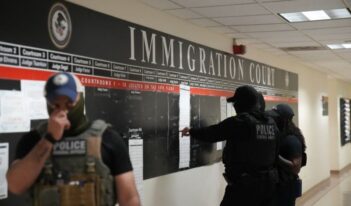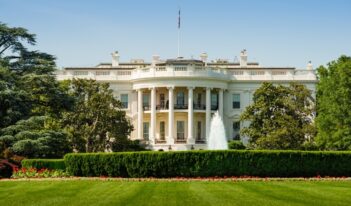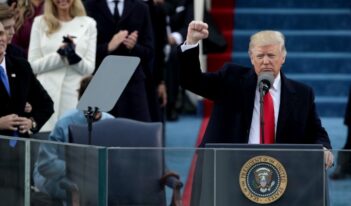
The window for travel to Cuba may be narrowing.
Travel to Cuba is booming, with 140,000 Americans thought to have visited the Caribbean nation in 2016. Yet, most types of travel to Cuba are still prohibited by statute; the increase in tourism has occurred because the Obama Administration decided to reduce enforcement of a travel ban. Without further legislative action, the Trump Administration could reverse this policy and once again limit visits to the island.
Longstanding U.S. law exempts twelve categories of travelers from the general ban on Americans visiting Cuba. Acceptable reasons for visiting Cuba include visits to family and educational trips. Recreational travel, however, is not one of these categories: U.S. law explicitly forbids travel to Cuba for tourism. But in January 2016, the Obama Administration relaxed its enforcement of the restriction on tourism by allowing travelers to easily self-certify their reason for visiting. This means Americans can travel for tourism without detection, despite the letter of the law.
Previously, a U.S. Department of Treasury rule required that the potential travelers to Cuba submit an application for a specific license under the auspices of one of the twelve exempt categories. Potential travelers had to submit schedules listing the specific meetings and activities planned for each day. For example, an architect would have had to provide an itinerary related to a conference with sessions that last the entire day, or shown a planned series of meetings with different architects in Havana. The Treasury Department’s Office of Foreign Assets Control (OFAC) then reviewed and approved these applications individually.
Under a new OFAC rule issued in January 2016, however, general licenses to visit Cuba no longer require pre-approval. Travelers can self-certify their visit to Cuba under one of the twelve authorized reasons, often even in the process of booking a ticket on an airline’s website. Without prior OFAC review, there is no regulatory mechanism to ensure accurate self-certification. Thus, although travelers legally are still required to maintain a full-schedule of authorized activities, there is little that could stop the traveler from inaccurately self-certifying for an authorized reason and instead spending the week at the beach.
Also under the previous rules, OFAC required travelers to organize their trips through certain Cuban organizations certified to coordinate visits for exempted travel purposes. However, OFAC amended these regulations and now allows individually-organized travel.
Because the Obama Administration accomplished these changes entirely through the administrative process, the rules can be reversed without passing legislation. Therefore, it remains unclear whether the relaxed standards will survive in the Trump Administration. President Donald Trump has stated, both during his campaign and recently on Twitter, that he will not maintain the liberalization of relations between the United States and Cuba without additional concessions from the Cuban government.
If President Trump were to reinstate restricted travel to Cuba, he has two options: he could act either with congressional approval or on his own, as former President Obama did, through the rulemaking process. If President Trump decides to act by instructing OFAC to rescind the rule changes made during the Obama Administration, the repeal would likely require notice and comment rulemaking. Such rulemaking requires an agency to seek and respond to public comment on a proposed regulation, a lengthy and uncertain process.
The Trump Administration could leverage other regulatory methods to limit travel. First, the U.S. Department of Transportation must authorize each new flight route to Cuba. Although U.S.-based airlines applied for almost 60 routes to Cuba, so far the Department has approved just 20 of those requests. The Trump Administration could refuse to authorize any new flight routes or perhaps remove authorization the existing ones, although this would also likely require notice and comment procedures.
Regardless of the Trump Administration’s actions, a separate issue—uncollected civil judgments against the Cuban government—makes it unlikely that any Cuban planes will land in the United States in the foreseeable future. Because U.S. authorities designated Cuba’s a state sponsor of terror from 1982 to 2015, the Cuban government was exempt from the Foreign Sovereign Immunities Act. This allowed Americans to sue the Cuban government for a variety of claims. When the Cuban government failed to appear to defend itself, eleven private American plaintiffs were awarded damages in default judgments.
For example, in 2009, a woman in Maine won a judgment against the Cuban government for her father’s disappearance while flying over Cuba in 1963, during an alleged covert operation. Judgments like this one now total nearly $4 billion. If Cuba’s state-owned airline, Cubana de Aviación, landed any of its airplanes in the U.S., these aircraft could be seized to satisfy the outstanding judgments.
Despite the flight limitations, 140,000 Americans managed to visit Cuba last year. But depending on the Trump Administration’s approach, that number could drop significantly in 2017. For those with a strong interest in visiting Cuba, it is perhaps better to go sooner rather than later.



